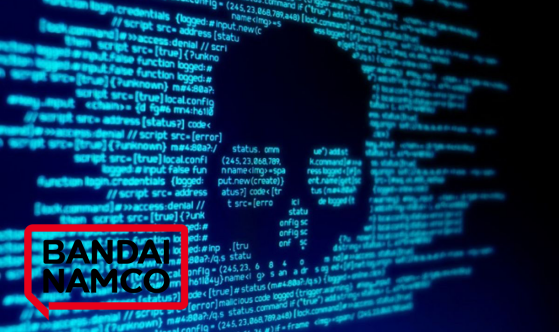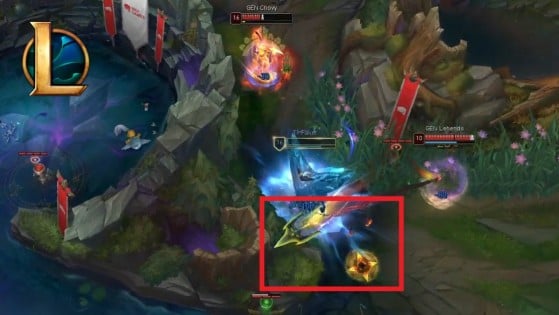Two days ago, several Twitter accounts specializing in hacking and computer security claimed that Bandai Namco, the publisher of Elden Ring or Soulcalibur, was the victory of a cyberattack. According to their allegations, a hacker group called BlackCat stole a lot of information and documents from the studio and demanded a ransom to unlock them. Bandai Namco confirmed today that the cyberattack did indeed occur.
Personal data at risk?
If apparently hackers failed to get their hands on information about the studio's upcoming releases, they still managed to get their hands on important data. The good news, if there is any, is that the cyberattack only affected the Asian branch of the company (excluding Japan). The studio nevertheless specifies that there is a possibility that the data collected by the hackers is personal data belonging to the players .
Since then, the company has opened an investigation to determine the extent of the damage and also intends to call on external companies to strengthen and improve the security of its systems.
The publisher has since reacted and published a press release via its official website.
Not the first, and certainly not the last
Bandai Namco is not the first studio to have to deal with a cyberattack. In July 2021, 780 GB of data was stolen from Electronics Arts. Among the losses were the source code of FIFA 21, data on the Frosbite engine as well as frameworks.
But the one that probably hit the headlines is the one that touched CD Projekt. While the studio was already struggling with all the problems caused by the release of Cyberpunk 2077, it had to face a major cyberattack in early 2021. A hacker had stolen a lot of data, including some source code files as well as data from The Witcher 3 and Cyberpunk 2077. He had demanded a ransom, a ransom that CD Projekt paid. As a result, the data was auctioned on the dark web with a starting bid of $1 million with a proposed buy-it-now price of no less than $7 million.
The attack on Bandai Namco, as alarming as it is, is part of a new form of digital crime - causing malicious people to threaten the studios, their products and also consumers in the hope of extracting a lot of dollars from them. .





